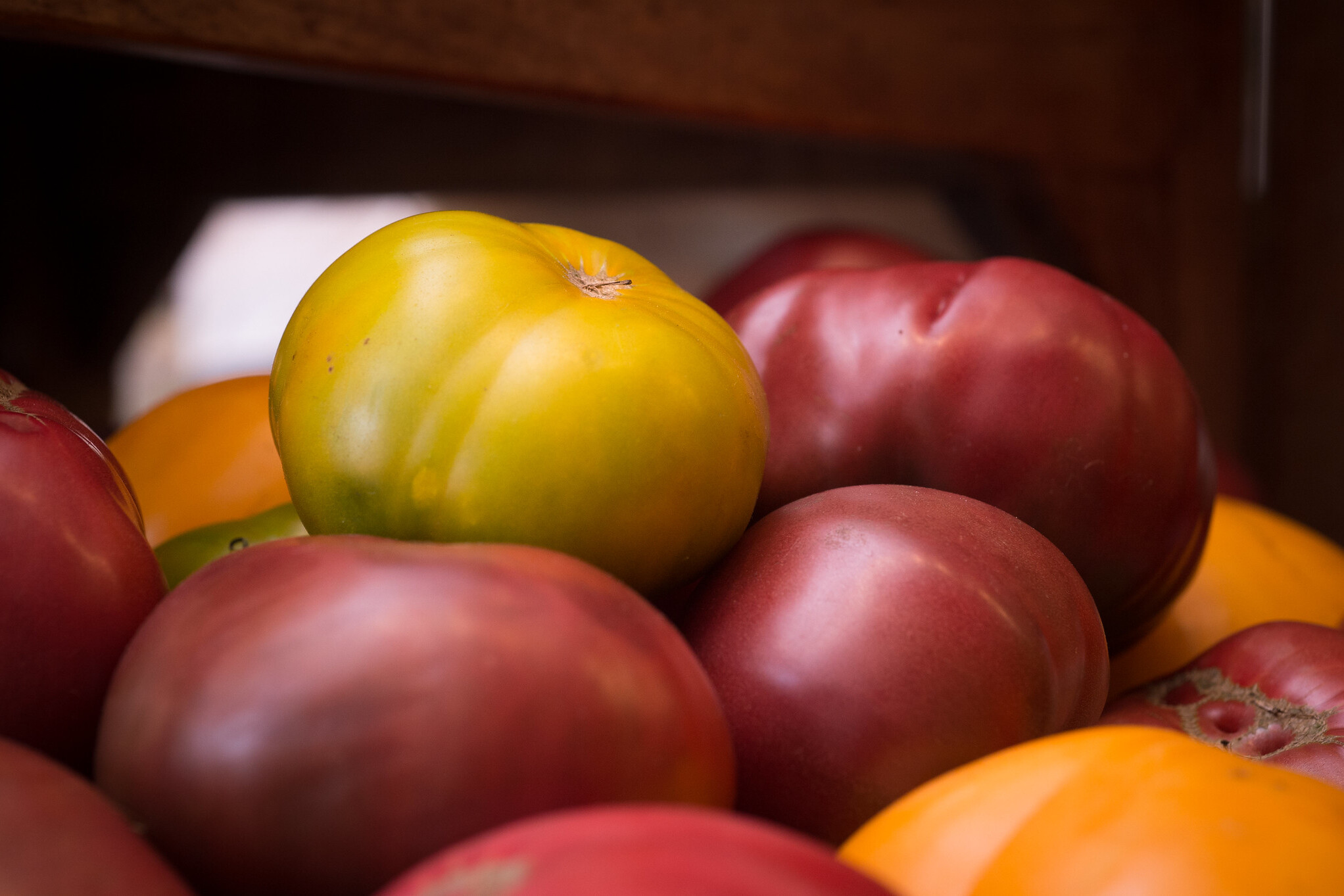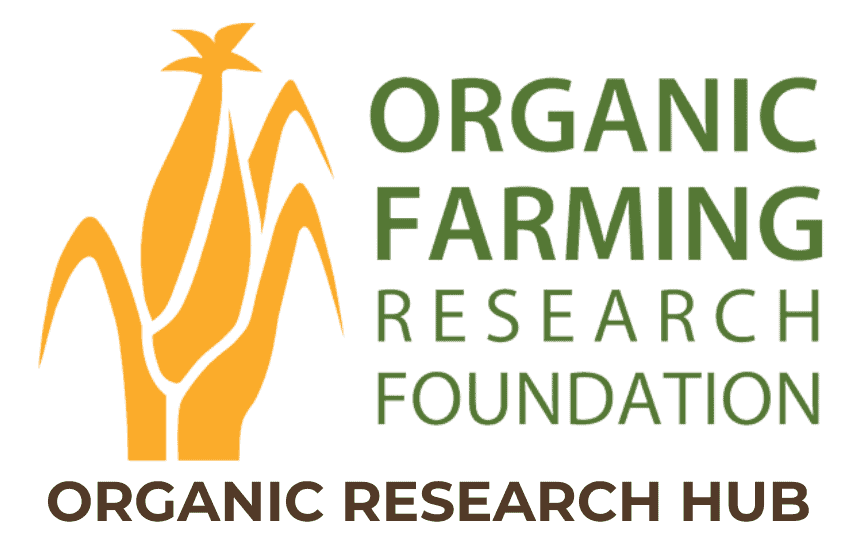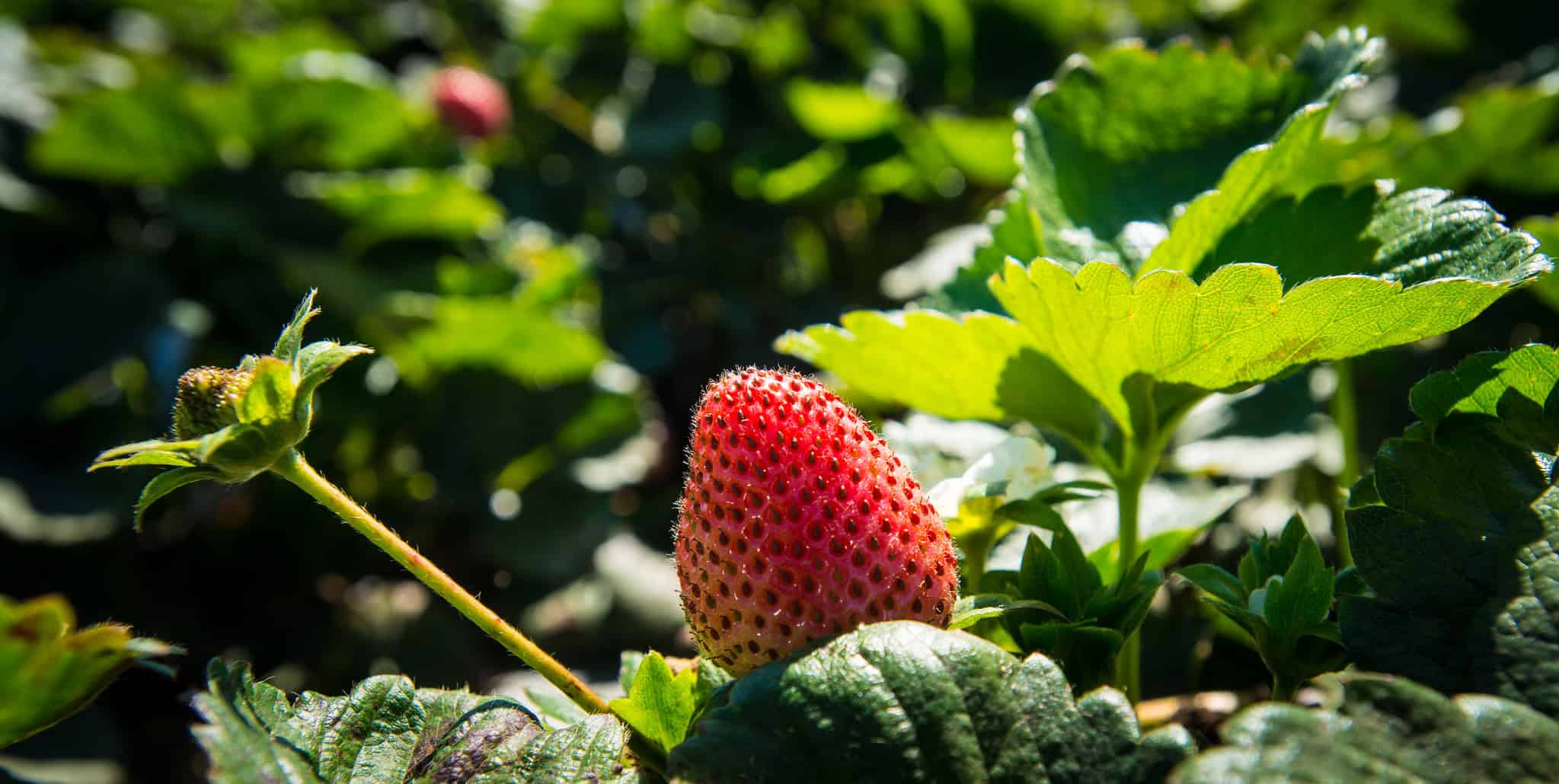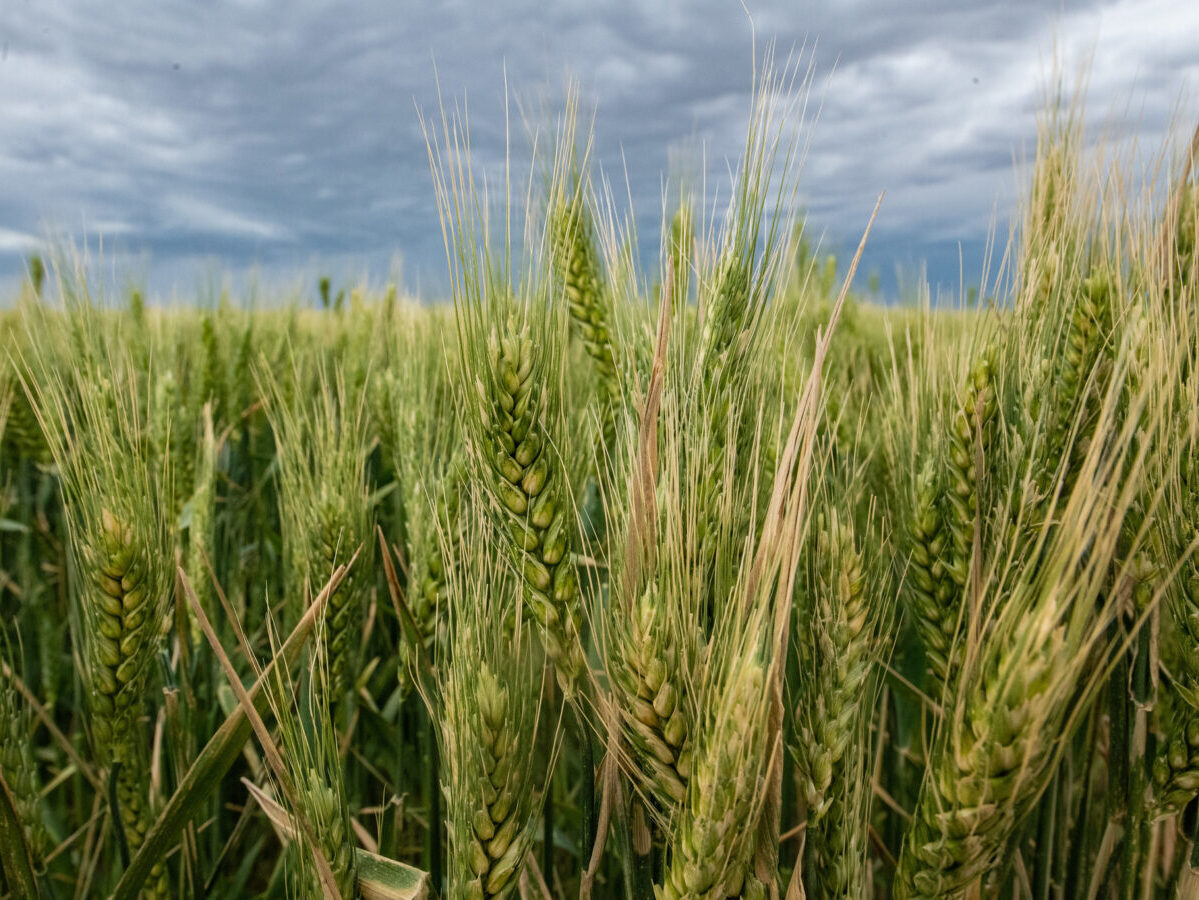Developing Integrated Irrigation Management Strategies to Improve Water and Nutrient Use Efficiency of Organic Processing Tomato Production
Amelié Gaudin, University of California, Davis

This project aimed to develop integrated irrigation practices that leverage soil health to enhance irrigation water efficiency and reduce pest pressure, as well as mitigate potential nitrogen losses in California’s organic processing tomato production. The ongoing drought has significantly decreased the irrigation water available to organic tomato growers, creating an urgent need to test new irrigation strategies that lower water input while maintaining product quality, nutrient availability, and high productivity.
In collaboration with Scott Park, an organic grower in the Sacramento Valley, we measured how soil health management strategies could reduce irrigation water use and improve tomato quality in organic systems. Our findings indicated that in fields under long-term organic management, eliminating the final irrigation before harvest saved 0.2 to 0.5 acre-feet of water per acre and increased water use efficiency (tonnes of harvested fruit per acre-foot) by approximately 20% without significantly affecting yield. We observed no negative impacts on diseases or canning quality, and there was a trend towards higher nutritional quality, particularly in phenol content.
Our results suggest that terminating irrigation slightly earlier in the growing season is a viable strategy for helping organic tomato growers adapt to irrigation water shortages without compromising the quality of their harvested products.
Region
West/Southwest
Topic
Soil Health, Crop Nutrient Management
Category
Vegetables/Fruits
Date Range
2011-2020
Funding Amount
$14,958
Funding Year
2016Location
Davis, California
Collaborators
Margaret Lloyd, University of California Cooperative Extension
Scott Park, Park Farming Organics



